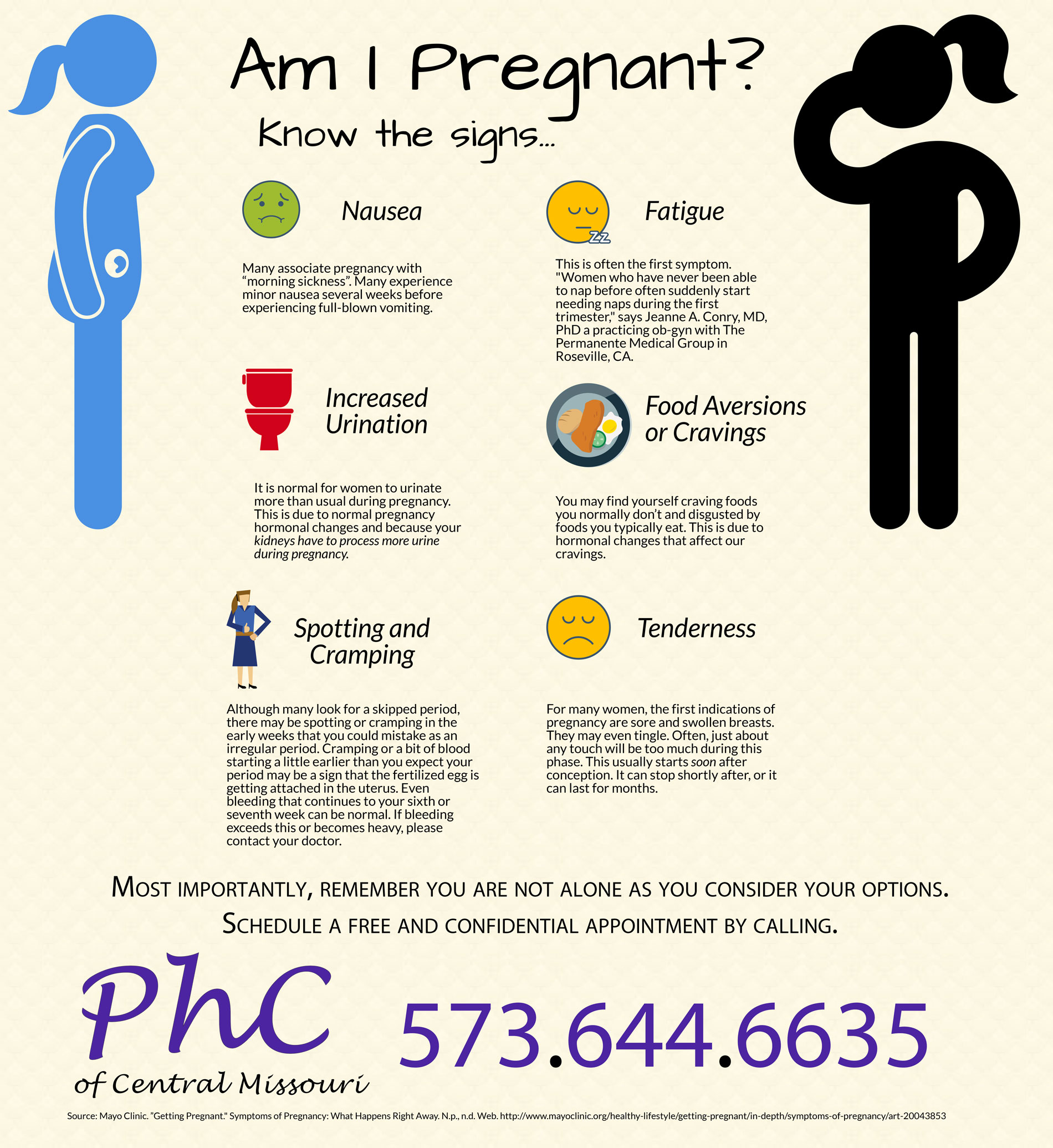
Pregnancy Symptoms: A Comprehensive Guide
Pregnancy is a transformative journey that brings about a myriad of physical, emotional, and hormonal changes in a woman’s body. These changes often manifest as pregnancy symptoms, which can vary in intensity and duration from woman to woman. Understanding these symptoms can help expectant mothers navigate the complexities of pregnancy and seek appropriate medical care when necessary.
Early Pregnancy Symptoms
- Missed period: One of the earliest and most common signs of pregnancy is a missed menstrual period. If you are sexually active and have missed your period, it is advisable to take a pregnancy test to confirm.
- Breast tenderness: The breasts may become tender, swollen, and sensitive to touch due to hormonal changes.
- Nausea and vomiting (morning sickness): This is a common symptom that typically begins around the fourth week of pregnancy and peaks between weeks six and eight.
- Fatigue: Extreme tiredness and a lack of energy are common during early pregnancy as the body adjusts to the hormonal surge.
- Frequent urination: The increased production of pregnancy hormones can lead to an increased need to urinate.
- Light spotting or implantation bleeding: Some women may experience light vaginal bleeding or spotting around the time of implantation, which occurs about 10-14 days after conception.
First Trimester Symptoms
- Morning sickness: Nausea and vomiting may continue throughout the first trimester, although it typically subsides by the end of week 12.
- Fatigue: Extreme tiredness can persist during the first trimester as the body continues to adapt to the pregnancy.
- Breast changes: The breasts continue to grow and become heavier, and the nipples may become darker and more sensitive.
- Abdominal bloating: The uterus begins to expand, causing abdominal bloating and discomfort.
- Constipation: Hormonal changes can slow down digestion, leading to constipation.
- Mood swings: Emotional ups and downs are common during the first trimester due to hormonal fluctuations.
- Skin changes: Some women may experience skin darkening, acne, or a darkening of the line running down the abdomen (linea nigra).
Second Trimester Symptoms
- Increased fetal movement: As the baby grows, you will begin to feel fetal movements, which may start as gentle flutters and gradually become more pronounced.
- Abdominal growth: The uterus continues to expand, causing the abdomen to grow and become more visible.
- Heartburn and indigestion: The expanding uterus can put pressure on the stomach, leading to heartburn and indigestion.
- Varicose veins: Increased blood flow during pregnancy can cause varicose veins to develop on the legs.
- Hemorrhoids: The increased pressure on the veins in the rectum can lead to hemorrhoids, which are swollen and painful veins.
- Leg cramps: Leg cramps are common during the second trimester due to increased blood flow and pressure on the nerves.
- Increased vaginal discharge: A clear or milky vaginal discharge is normal during pregnancy, but it should not have an unpleasant odor or cause irritation.
Third Trimester Symptoms
- Frequent urination: As the baby grows and the uterus expands, it puts pressure on the bladder, leading to frequent urination.
- Shortness of breath: The expanding uterus can press on the diaphragm, making it difficult to breathe deeply.
- Backache: The increased weight of the baby and the changes in posture can cause back pain.
- Pelvic pain: As the baby descends into the pelvis, it can put pressure on the pelvic bones and ligaments, causing pain.
- Edema (swelling): Fluid retention can lead to swelling in the hands, feet, and ankles.
- Insomnia: Difficulty sleeping is common during the third trimester due to physical discomfort, anxiety, and frequent urination.
- Nesting instinct: Many women experience a strong urge to prepare for the baby’s arrival by cleaning, organizing, and nesting.
When to Seek Medical Attention
While most pregnancy symptoms are normal and do not require medical attention, there are certain symptoms that warrant prompt medical evaluation:
- Severe abdominal pain or cramping
- Vaginal bleeding or spotting that is heavy or persistent
- Fever or chills
- Headache that is severe or persistent
- Vision changes or blurred vision
- Swelling in the hands, feet, and face that is sudden or severe
- Difficulty breathing or chest pain
- Decreased fetal movement
Conclusion
Pregnancy symptoms are a normal part of the journey of carrying a child. Understanding these symptoms can help expectant mothers navigate the complexities of pregnancy and seek appropriate medical care when necessary. By being aware of the various symptoms and their potential implications, women can ensure a healthy and fulfilling pregnancy experience.